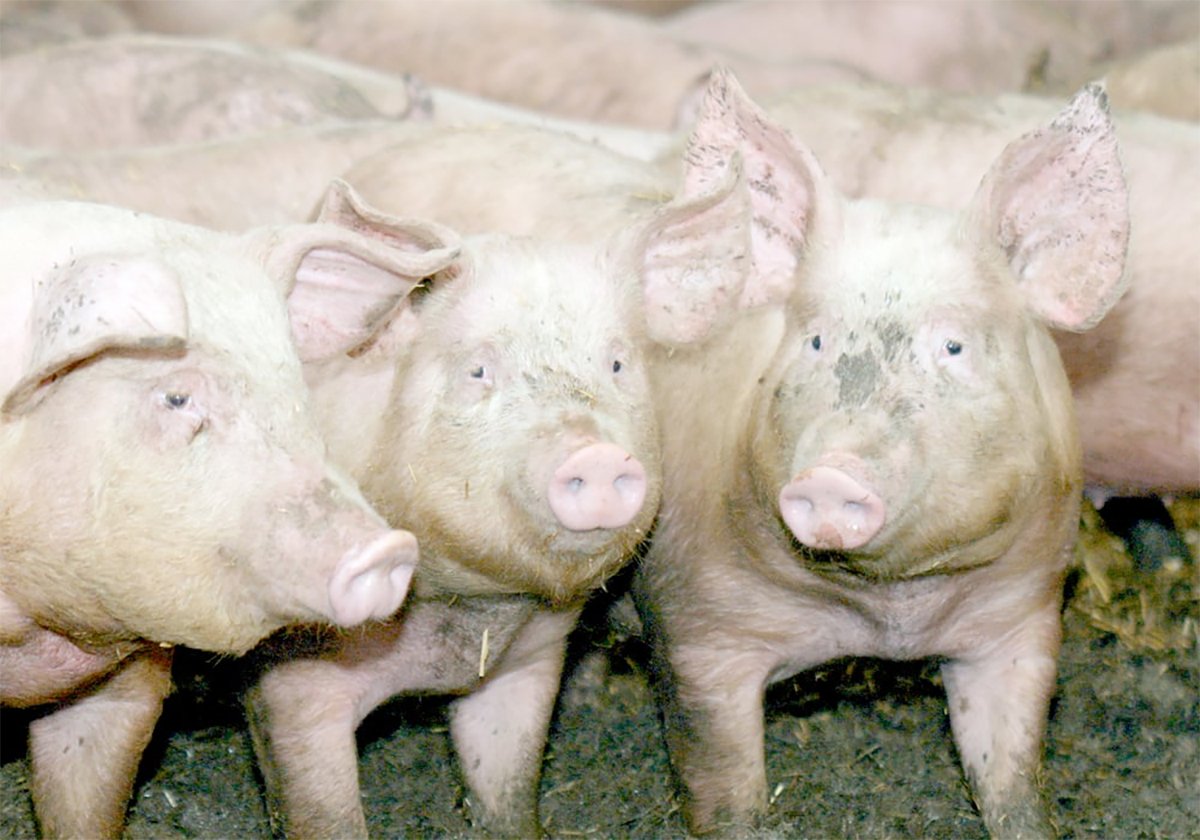BANFF, Alta. – Testing the boundaries of individual civil rights is a new experience for Canadians.
And a case like the recent challenge to the Canadian Wheat Board by 21 farmers and the Alberta Barley Commission could set a precedent in trade and commerce.
According to Calgary lawyer Keith Groves, Canadians are somewhat naive about their individual civil rights because they are a new concept since the Bill of Rights was passed in 1982.
The Americans have had individual rights entrenched for more than 200 years.
Read Also

The Western Producer Livestock Report – October 2, 2025
Western Producer Livestock Report for October 2, 2025. See U.S. & Canadian hog prices, Canadian bison & lamb market data and sale insight.
Groves is part of a team of lawyers from Sugimoto and Company who are handling the case asking whether the Canadian Wheat Board violates the civil rights of western farmers who want to sell their grain without using the single-desk seller as the only option to do business.
Awaiting a ruling
Federal Court justice Francis Muldoon has heard the case but has not yet issued his decision.
Speaking at the recent Western Barley Growers Association convention in Banff, Groves said the long wait for a decision is not unusual.
And no judge has ever been asked to rule on such a case so the final ruling could have wider implications for other aspects of commercial life.
The case ran over a month in Calgary at the end of November. Final arguments from the federal government and the plaintiffs wound up Dec. 13 in Winnipeg.
If the plaintiffs win, the government will likely appeal, a situation which might take years to resolve.
Ottawa, however, may agree to follow the judge’s decision.
“The Liberals have shown a history of abiding by a trial judge’s ruling if they deem it sensible,” said Groves.
Loran Halyn, also from Sugimoto and Company, described the Alberta government’s case before the provincial Court of Appeal. It deals with provincial rights and whether the Canadian Wheat Board Act has the same jurisdiction over a province as it does over individuals.
In support of the province, intervenor status was granted to two farmers and the barley growers association. Intervenor expenses for such things as research are paid by the Alberta government. Opposing Alberta is the federal government, the wheat board, Canadian Grain Commission, Manitoba and Saskatchewan wheat pools.
All facts and arguments in the case are presented by lawyers in this type of case. The lawyers are moving toward their written arguments, which are followed by oral arguments at a later date, said Halyn.
Alberta argues the Canadian Wheat Board Act does not regulate provinces so the case has become an issue of whether the province has immunity from the act.
Under the British North America Act, a province has the right to dictate how the rights and property of individuals are exercised. The wheat board act regulates how grain is traded and the commerce associated with it, said Halyn.
If the province is not bound by the act it has considered buying farmers’ grain and selling it back to them to handle as they wish.

















